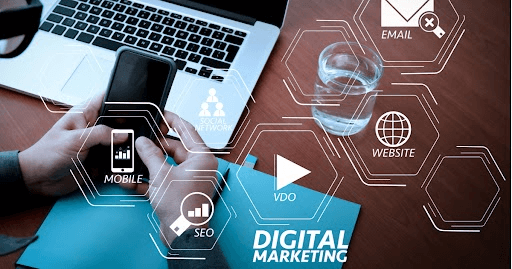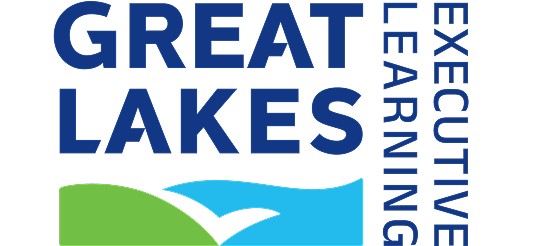Email marketing is a type of direct marketing that involves sending commercial communications to a target audience using electronic mail (email). Advertisements, new offers, loyalty coupons, fundraiser information, business inquiries, and much more may be sent. Email marketing is used to increase brand exposure, loyalty, and trust.
Many people believe that email is obsolete, but this could not be further from the reality. Email is still one of the most extensively utilized modes of communication on the planet today.
Benefits of Email Marketing: -
When done correctly, email marketing can provide the following benefits:
- It enables you to create customized emails to appeal to various customer categories.
- Because you have direct access to the email inboxes of your consumers and potential customers, emails are a wonderful tool for building your brand identification and reputation.
- It's a terrific way to increase sales. You can promote goods that resonate with your consumers' preferences, products they've already purchased, and even alert them about discounts, deals, and coupons through customized emails.
- It makes it simple to keep track of the most important KPIs. You can track your email open rate, click-through rate (CTR), and even conversion rate, for example.
- Emails that are well-crafted can attract a significant amount of traffic to your website. You could even add social sharing buttons in your emails to encourage them to spread the word to their friends and family.
- Email boasts a strong return on investment. Because email marketing may increase your conversion rate to new heights, it can also enhance your ROI significantly.
What is the best way to do Email Marketing?
While it is true that email is far from dead, developing a good email marketing plan is a difficult undertaking. So, how do you go about doing email marketing? Simply follow these easy steps:
Identify and define your target audience — Before you can build relevant and tailored emails for your consumers, you must first identify and describe the various buyer personas, as well as their pain points and preferences.
Set reasonable and actionable goals — To set realistic and actionable goals, start by analyzing email statistics for your sector. You can utilize the figures and metrics as benchmarks for your marketing goals once you've found them.
Allow people to join up - The goal of email marketing is to encourage people to subscribe to your mailing list. Create a permission-based email list with a checkbox so that consumers may opt-in to your mailing list, know what kind of emails they can expect, and how often they want to get emails from you if you want to grow your subscriber base (daily, weekly, etc.).
Experiment with email campaigns - There are numerous forms of email marketing that you should try. After reviewing the results of these initiatives, you may determine which form of campaign is most effective for you and concentrate your efforts there.
Make a calendar — To make a schedule for your email marketing strategy, you'll need to figure out how often you want to contact your email list. Once you've created the strategy, make sure you tell your audience when they'll hear from you and stick to it.
Measure the results - Email marketing metrics, like all marketing approaches, must be tracked and measured. The stats assist you in identifying areas for improvement and fine-tuning your email marketing techniques as a result.
By following these simple methods, you can successfully boost your email subscribers:
- You must develop original and relevant email content every time if you want your audience to look forward to your emails.
- Include social sharing links in your emails to encourage your subscribers to forward your message to their friends and family, thereby expanding your reach.
- Sort your email lists into buyer persona categories. This will allow you to send tailored communications to your buyer personas based on their individual interests.
- Use opt-in campaigns to resurrect a dormant email list. You may design an appealing opt-in message and send it to an old list of people who you think would be interested in your brand again.
- You can include hyperlinks in your employees' signatures. These email signatures can direct recipients to your landing page, where they can subscribe to your mailing list.
- A whitepaper or an eBook can be written and hosted on your landing page. People who want to download and read them can leave their email addresses in the comments section. You receive their email addresses while they get the whitepaper/eBook.
- In exchange for contact information, you can organize free giveaway contests utilizing your social network names (name and email address, primarily).
- Pinterest is a great place to display visually appealing content that will entice users to sign up for your website to see it.


